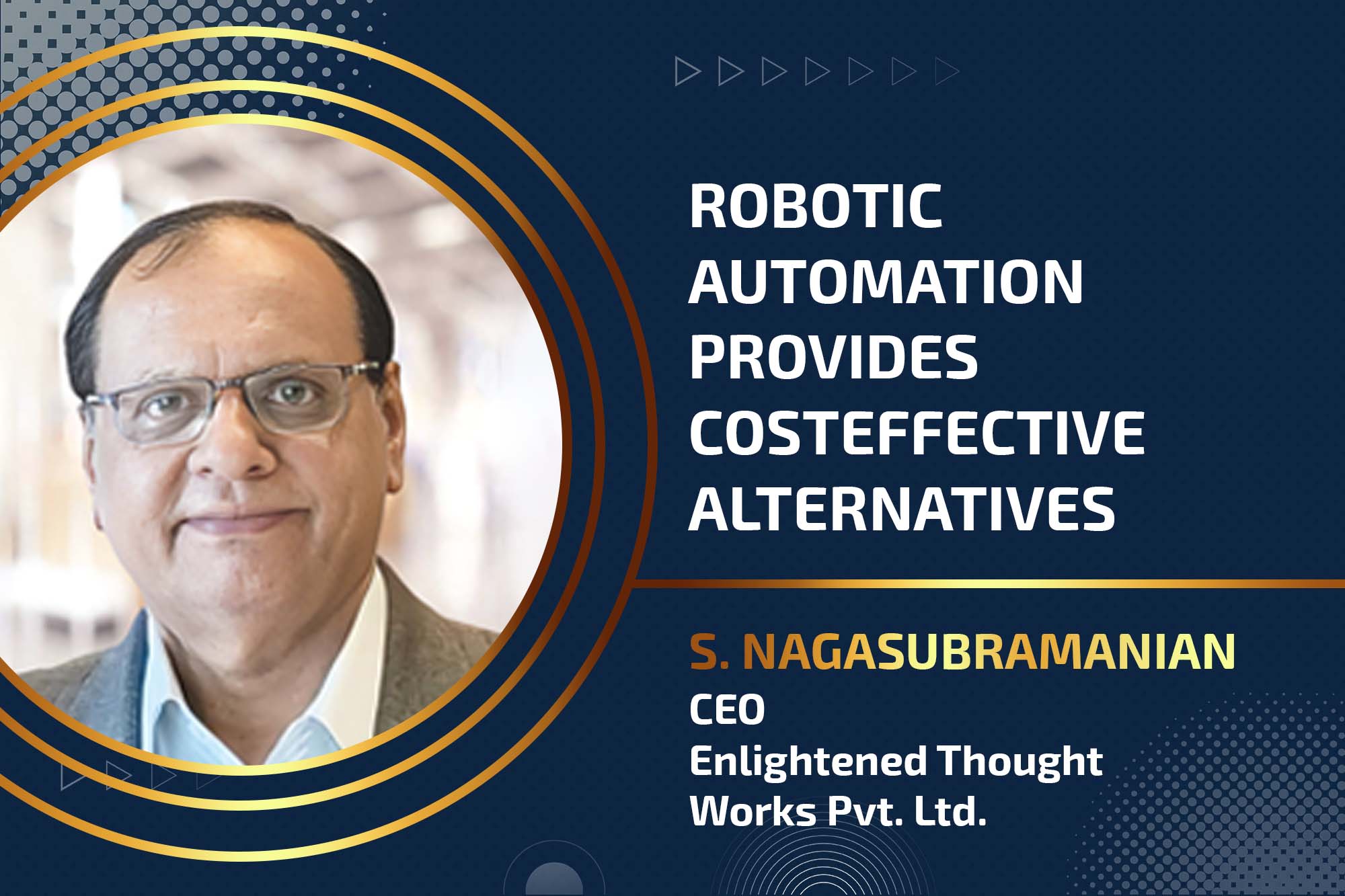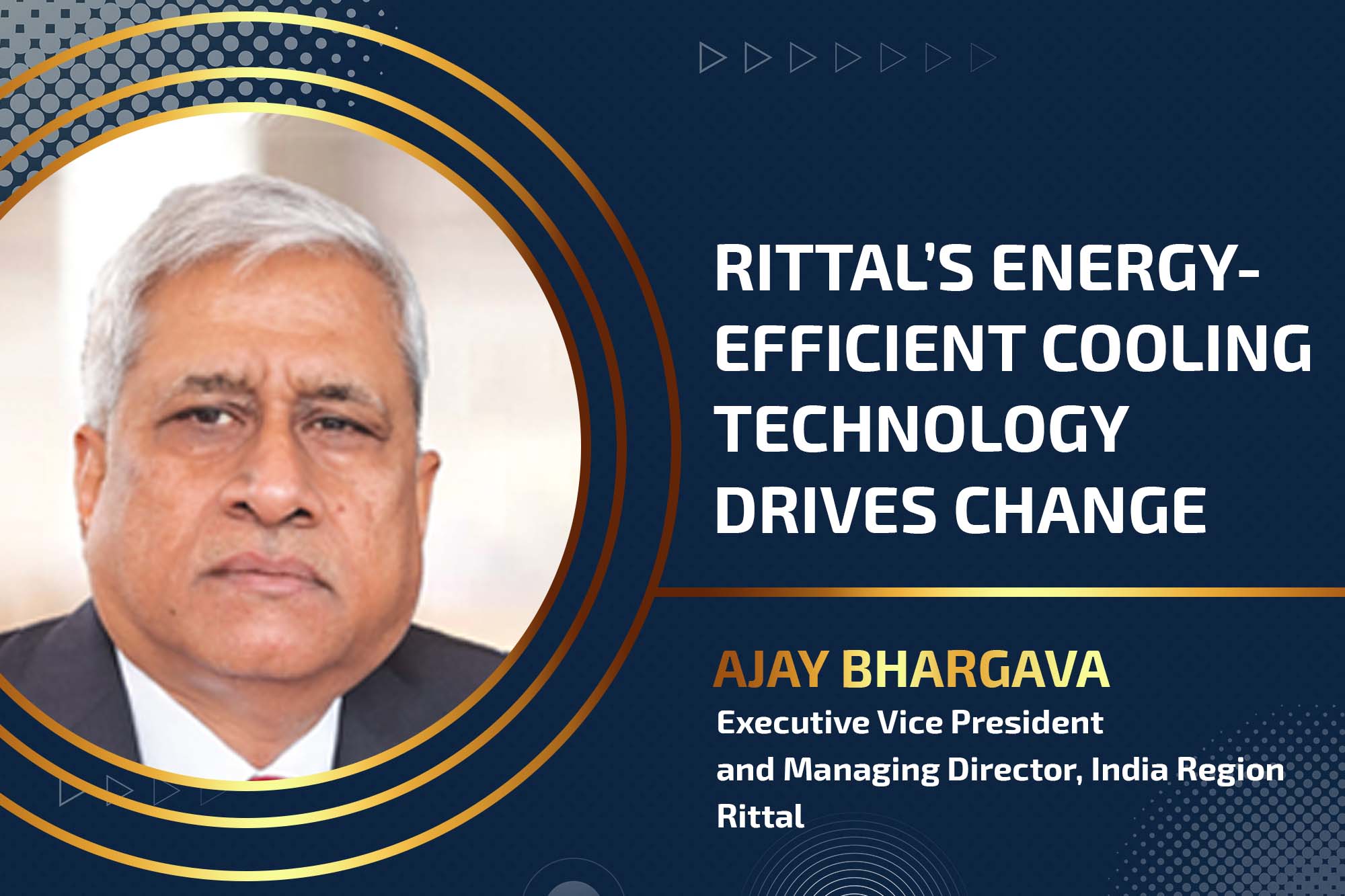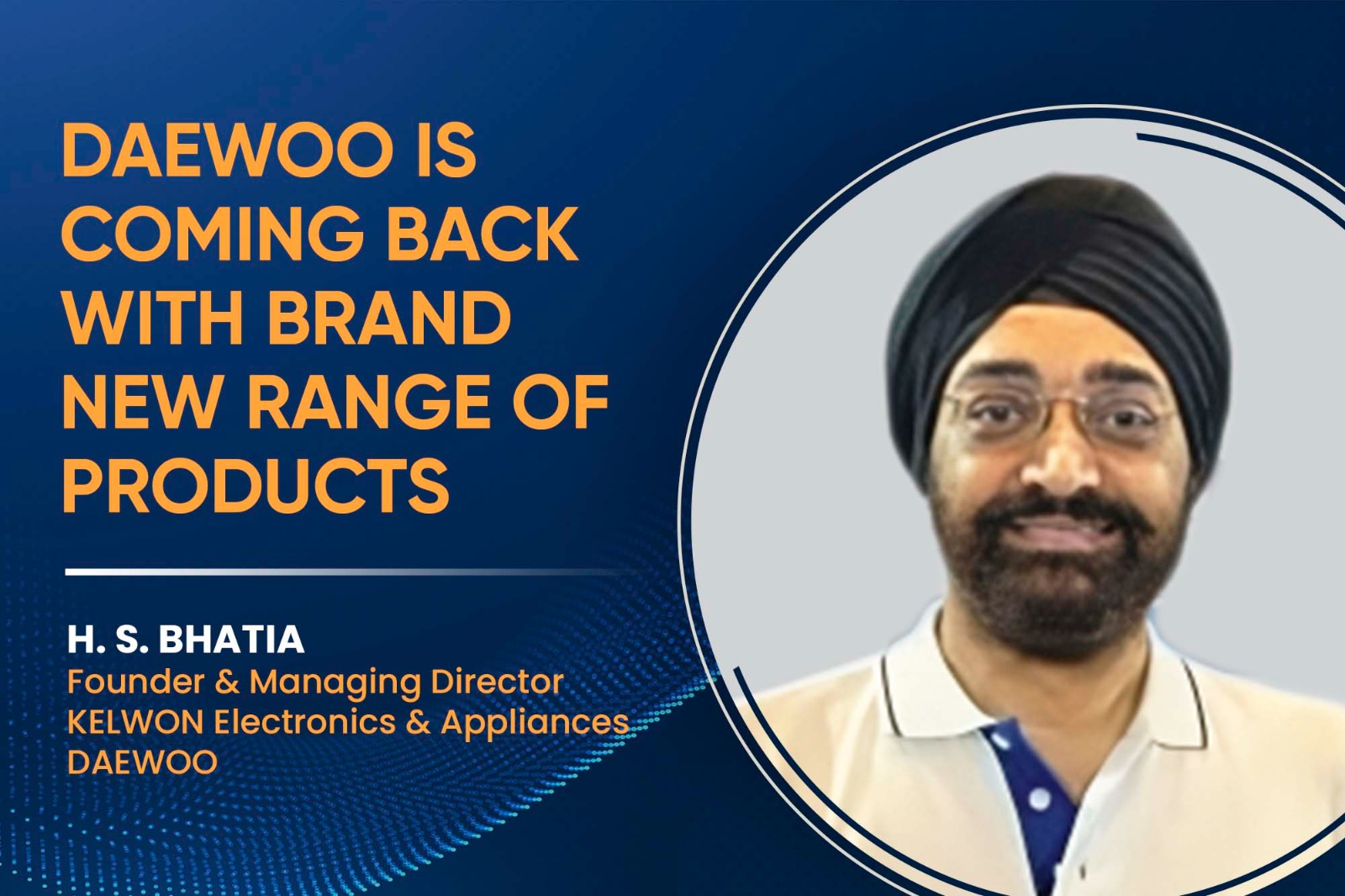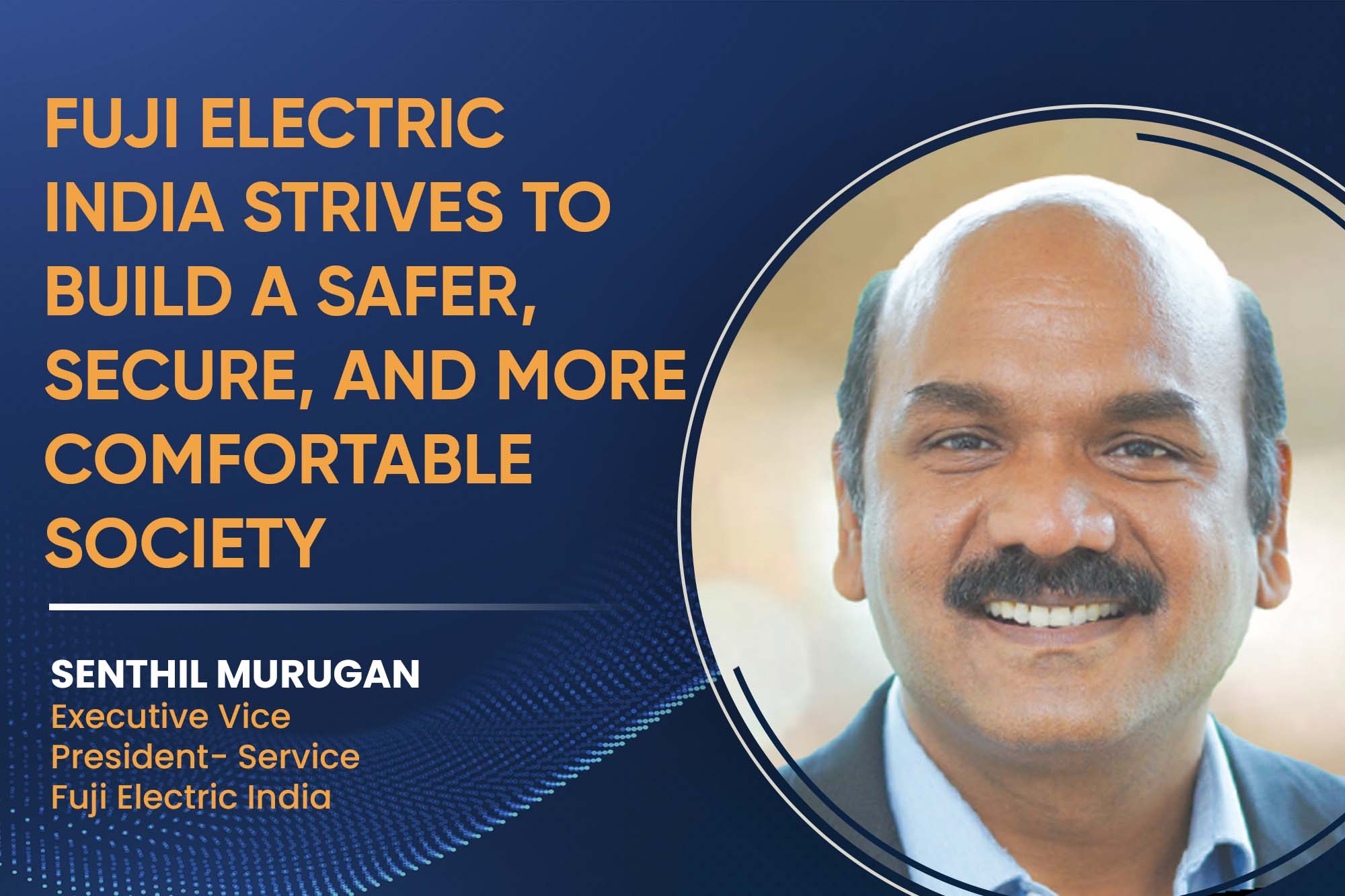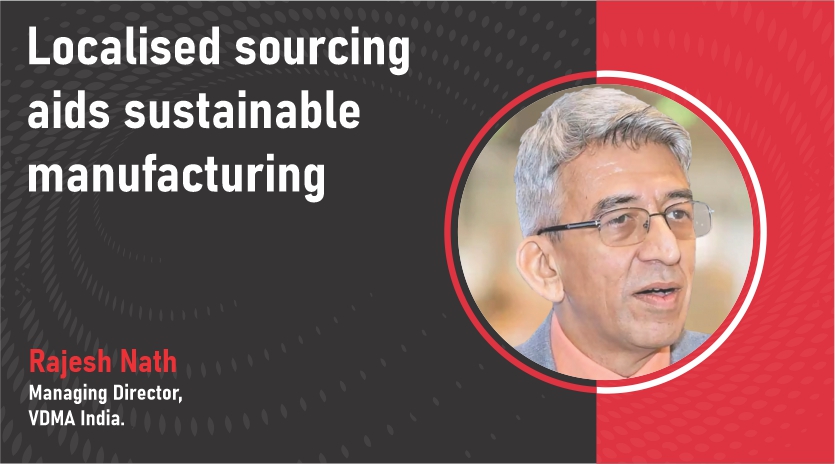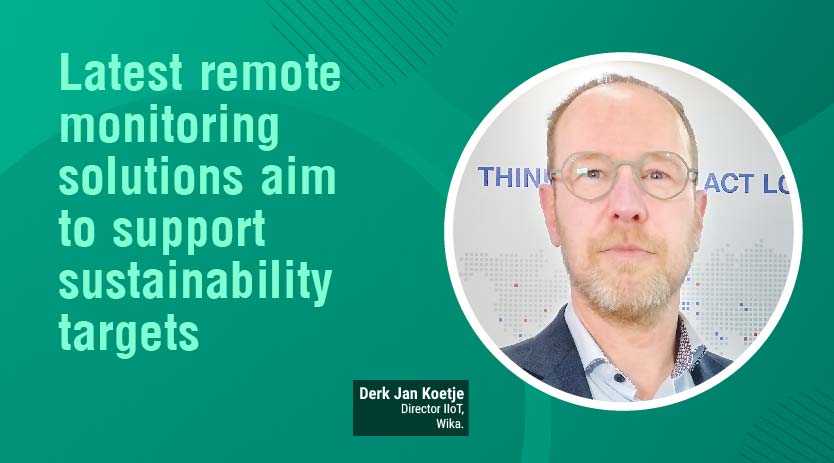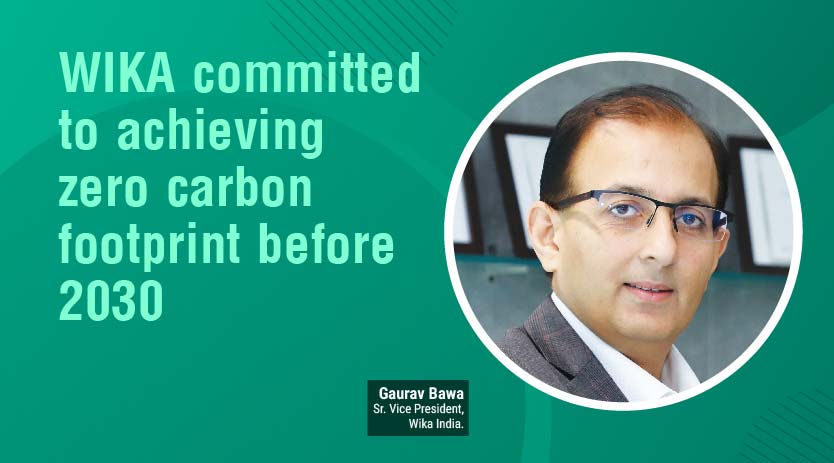Etrio has wholly transitioned to an Indian-made powertrain for 3 Wheelers
By OEM Update Editorial July 4, 2022 10:31 am
While interacting with OEM Update, Kalyan C Korimerla, MD & Co-Promoter, Etrio Automobiles Pvt. Ltd., Mentioned country still needs to make significant investments in localising most of the critical components completely.
Etrio transformation journey to being a leading cargo EV OEM presently
Etrio’s journey from being the country’s first certified Electric Light Commercial vehicle provider in 2020 with a retrofitted Tata Ace to a provider of brand new electric vehicles for cargo applications has been phenomenal. Our vehicles are deployed with players such as Amazon, Flipkart/ Walmart, IKEA, DHL, Delivery, BigBasket, Lighting Logistics, Sanveg, Lets Transport and other leading players.
Our EV fleet has cumulatively accumulated over 4.5 million in-service km. Thereby enabling us to collect important data points of the performance of the vehicles in realworld use-case. Etrio’s EV products currently cater to the Last-mile applications in the cargo and logistics sector. We offer a 3-wheel product and retrofitted 4-wheel eLCV with payloads ranging from 350 kg to 700 kg. Armed with the knowledge of vehicle usage data from 4.5 million in-service KMs, our technical teams work with leading powertrain and battery suppliers to design efficient vehicles. We also work closely with our customers by deploying sophisticated vehicle service tool that helps our service team quickly respond to service issues and ensures high uptime of vehicles of the fleet operator.Etrio has wholly transitioned to an Indian-made powertrain for our 3W product. The country still needs to make significant investments to completely localise most of the critical components so that the reliance on imports decreases significantly. Robust charging infrastructure is required to facilitate mass adoption of EVs even though the last-mile cargo sector we serve is not very dependent on public charging infrastructure. The Indian Government seems to be encouraging battery-swapping to standardise batteries and reduce dependency on charging infrastructure.
Measures needed to be the third-largest automotive industry globally by 2030
A robust vehicle financing environment is the most crucial factor that will enable India to achieve this goal. However, the Government must design policies and encourage public sector banks and large financial institutions to support EV financing. The second most important area is to extend FAME subsidies. Due to recent disruptions in supply chains and an increase in the cost of commodities, the long anticipated declining price curve for Li-ion batteries has been disrupted in recent months. In addition, the cost of several vital components has gone up significantly. Furthermore, the Government’s push for localisation of powertrains without adequate capacity has led to increasing the cost of powertrains, making it challenging for smaller EV start-ups to manage costs even though most of the innovations come from start-ups. Hence, the Government must extend FAME subsidies.Finally, the industry must get its act together and selfregulate to ensure the safety of EVs by designing vehicles with high-quality components. The recent spate of fires in 2-wheelers and some other incidents must warn everyone in the EV community and introspect. Government can also ensure that the GST rates of batteries and other largeticket items used in EVs match the GST on the vehicle’s sale price. This leads to the Government’s unnecessary blockage of GST funds, making it difficult for an EV manufacturer to manage working capital.
Initiatives may help reduce emissions and oil dependence.
While EVs reduce pollution in the places they operate, the broader decarbonisation will happen only when the electricity from the socket is clean. However, EVs do help in reducing dependence on oil since oil plays a minimal role in power generation at the moment. In the long run, green hydrogen will play a key role in reducing dependence on oil imports, especially in the transportation sector of large commercial vehicles.
Expansion plans for future
We like to focus on innovation and deliver vehicles that genuinely address our customers’ needs. The use cases for EVs in vehicle fleets are ever-expanding as the technology leads to innovative solutions. As a pureplay EV company, we want to stay on the top ledge of this transformation and develop products that enable EV adoption. The demand for EVs has been moving up in various segments. First, it was the 2-wheelers, and now it is the 3-wheelers. Other segments such as LCVs and MCVs will be the next. As an early mover into the LCV segment, we like to capitalise on the knowledge and experience to design vehicles that genuinely matter to our customers.
Cookie Consent
We use cookies to personalize your experience. By continuing to visit this website you agree to our Terms & Conditions, Privacy Policy and Cookie Policy.




